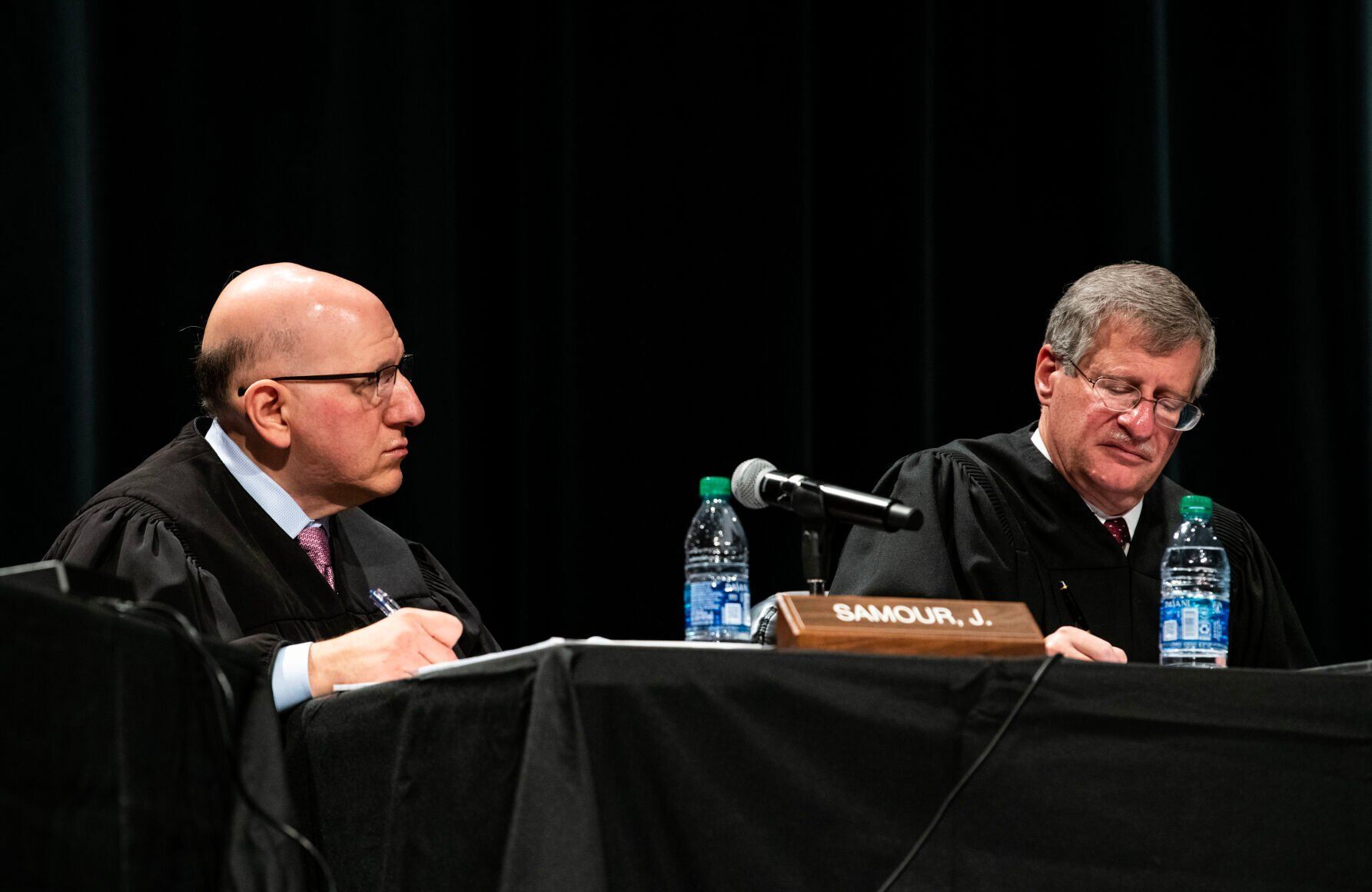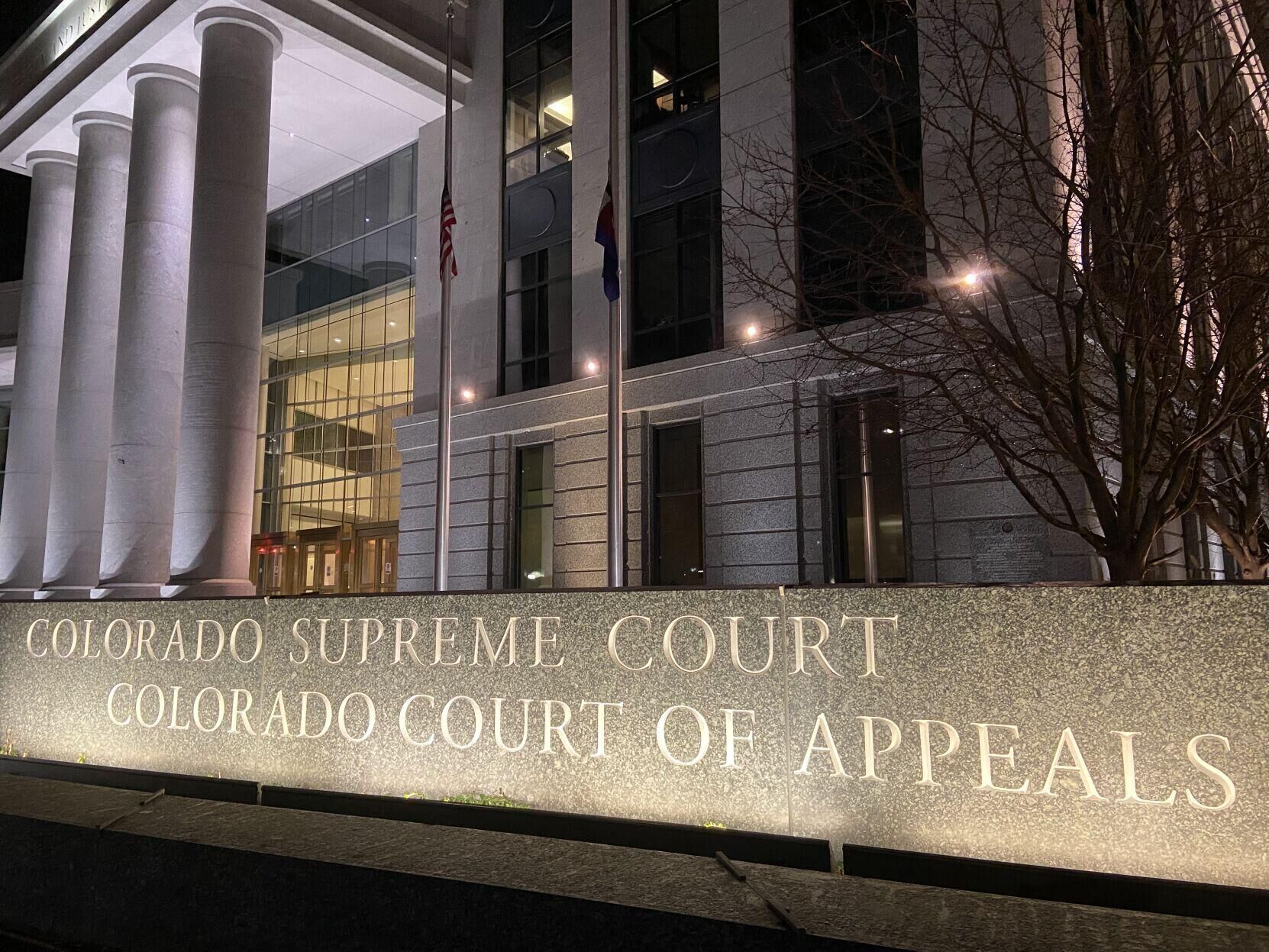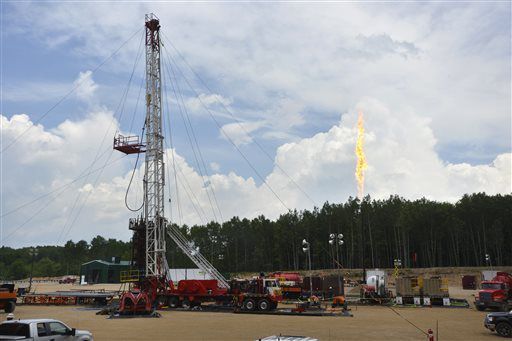Colorado Supreme Court to hear cases about ‘reasonable doubt’ definition, contract dispute

The Colorado Supreme Court announced on Tuesday that it will decide whether the definition of “reasonable doubt” adopted in a 2023 revision to the template jury instructions violates the constitutional rights of the criminally accused.
At least three of the court’s seven members must agree to hear a case on appeal.
The justices will also analyze a corporate lawsuit that questions whether claims of fraud should have been blocked under a longstanding legal doctrine that applies to contract disputes.
Reasonable doubt
Prior to 2023, Colorado’s template jury instructions for criminal cases contained a longstanding explanation of reasonable doubt: A doubt based upon reason and common sense, which was not vague or speculative, that would “cause reasonable people to hesitate to act in matters of importance to themselves.”
Then, in January 2023, the judicial branch announced a small group of judges had voted to change the language of the model instruction. The revision advised jurors to vote to convict if they were “firmly convinced of the defendant’s guilt.” The new language also eliminated the prior directive for jurors to consider the evidence or “lack of evidence” in the case, but the instructional committee subsequently reinserted the “lack of evidence” clause after an attorney requested the phrase be restored.
The 2023 update resembled the reasonable doubt instruction for Colorado’s federal trial court, and the language was endorsed by U.S. Supreme Court Justice Ruth Bader Ginsburg in 1994 as a “clear, straightforward, and accurate” definition of reasonable doubt for jurors.
Nonetheless, defense attorneys were concerned the change lessened the prosecution’s burden to prove a defendant guilty. Earlier this year, the state’s Court of Appeals issued a pair of decisions upholding the new wording as constitutional.

Before the appellate court had a chance to weigh in, jurors in Adams County Court found Alex Teran-Sanchez guilty of three hit-and-run-related offenses. On appeal, he challenged the new reasonable doubt instruction as violating his rights to due process and a fair trial.
District Court Judge Teri L. Vasquez, in an order from February, wrote that no other court has found similar wording unconstitutional.
The “2023 Instruction does not allow for conviction based on a standard lower than proof beyond a reasonable doubt,” she wrote.
Teran-Sanchez appealed to the Supreme Court, arguing that if the 2023 revision is constitutionally problematic, “then every criminal conviction obtained under this instruction is potentially flawed,” wrote lawyer Yun Wang.
The Supreme Court will address the issue. Although the instructional committee’s meeting minutes seemed to indicate that Justice Carlos A. Samour Jr., as the committee chair, cast a vote on the 2023 change, there is no indication he has recused himself from Teran-Sanchez’s case.
The case is Teran-Sanchez v. People.
Breach of contract v. fraud
Veolia Water Technologies, Inc. entered into a contract to build a wastewater treatment facility for the hydraulic fracturing operations of Antero Resources Corp. in West Virginia. The final product fell short, however, and Antero canceled the contract after the treated water produced “soupy” salt rather than solid salt that could be placed in landfills.
After a three-week trial, Denver District Court Judge Marie Avery Moses found Veolia breached its contract and committed fraud. Antero received approximately $215 million in damages.

Among other things, Veolia raised the “economic loss rule,” which dictates that litigants who suffer financial losses from a breach of contract must stick to that claim, and cannot sue on other grounds unless the law provides grounds for doing so.
Moses had concluded Veolia’s fraudulent misrepresentations occurred before the execution of the contract, so the rule did not apply. A three-judge Court of Appeals panel disagreed with her reasoning, but agreed the rule did not block the fraud claims because Veolia’s misrepresentations pertained to things it had no discretion to alter.
Further, the contract “explicitly permitted additional damages in the event of fraud — an intentional decision bargained for by two sophisticated commercial parties that would be greatly undermined if all fraud claims were barred,” wrote Judge Terry Fox.
Veolia turned to the Supreme Court, arguing the fraudulent conduct was covered under the contract. The justices agreed to decide whether the fraud portion of Antero’s lawsuit should have been dismissed.
The case is Veolia Water Technologies, Inc. v. Antero Treatment LLC et al.












